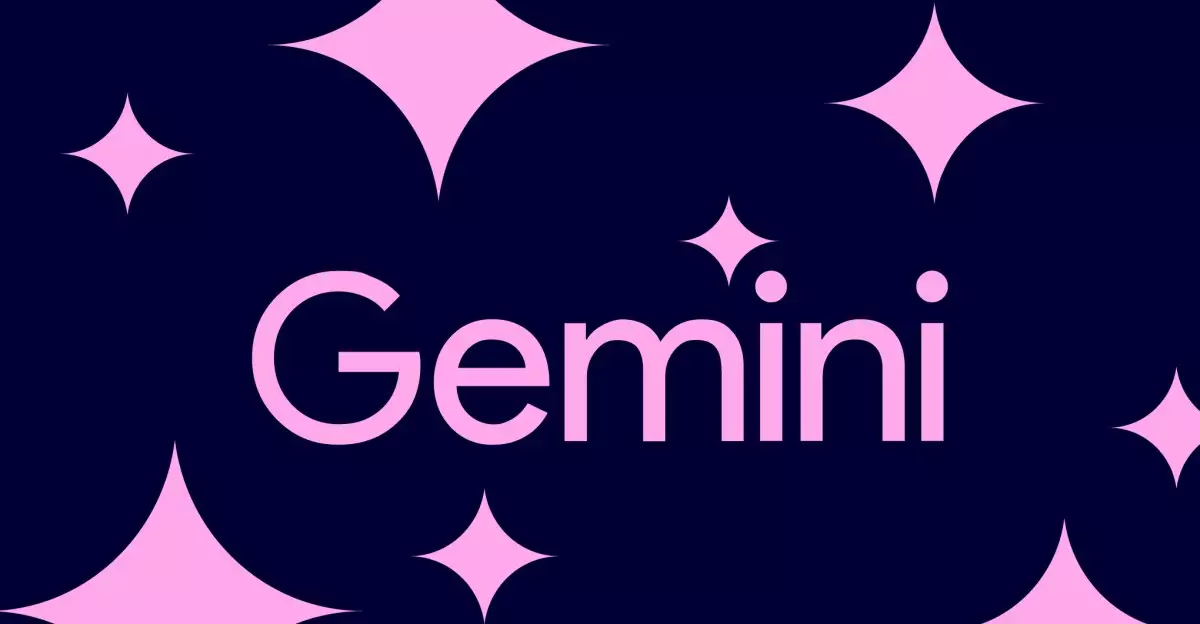In recent years, artificial intelligence has increasingly crossed into various aspects of our lives, including the realm of education. Google’s upcoming launch of Gemini apps specifically tailored for children under 13 marks a significant milestone in this evolution. As the digital landscape continues to mature, the incorporation of AI-powered applications into children’s learning experiences opens up vast educational opportunities. These applications are designed not merely to entertain, but to assist children in tasks such as homework and reading. This proactive approach to education blends technology with day-to-day learning, fostering a more interactive environment.
Parental Responsibilities and Concerns
While there is excitement surrounding the benefits of AI in education, it’s vital for parents to wield this technology responsibly. Google’s communication through Family Link accounts highlights that while Gemini offers promising capabilities, it also comes with inherent risks. The concern for inappropriate content exposure and potential misguidance is a legitimate one. For example, while some AI gaffes are trivial—like suggesting absurd snacks or counting errors—others could lead to more troubling scenarios. Parents must remain vigilant and engaged in their children’s interactions with those digital tools. Continuous dialogue about the difference between AI and human interactions, as well as boundary-setting on personal data, is crucial in a world where screens often replace face-to-face conversations.
AI’s Educational Benefits and Risks
The promise that AI technology holds for education can potentially revolutionize how children learn; however, it is not without its pitfalls. Gemini’s features, aimed at enhancing traditional study methods, can empower children by providing them with immediate assistance and age-appropriate content. Yet, these benefits must be weighed against the dangers of misinformation and the challenges related to content appropriateness. The email from Google points out that Gemini can “make mistakes,” a phrase that should provoke thoughtful discussion amongst parents—what sort of mistakes are we comfortable allowing our children to encounter?
Moreover, incidents involving other AI platforms, like Character.ai, serve as stark reminders that the line between reality and artificiality can often become blurred. Educators and parents must team up to ensure that young users can distinguish between healthy, informative AI interactions and potentially harmful or misleading ones.
Encouraging Healthy Digital Habits
As we embrace the digital era and the myriad advantages it offers, a strong foundation in ethical digital use is essential. Empowering children to navigate AI responsibly promotes critical thinking and digital literacy. Awareness campaigns and educational resources on the potential pitfalls of AI should accompany technological advancements in children’s apps. Google’s initiative represents a forward-thinking approach, but it also serves as a call to action for parents, educators, and tech companies alike.
By focusing on collaboration, we can inspire the next generation to engage with technology in a way that is smart, safe, and enriching. This balanced approach toward AI integration into learning not only prepares young minds for future challenges but also fosters a critical evaluation of the digital age and its pervasive influence on our lives.


Leave a Reply